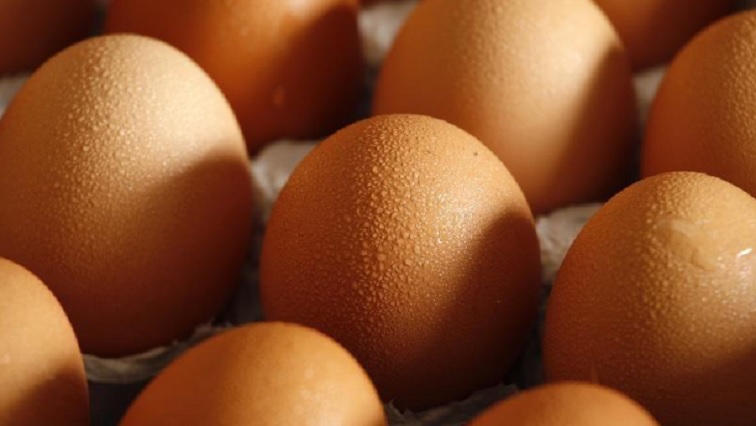The Department of Agriculture, Land Reform and Rural Development has opted to import eggs from abroad in order to deal with the high shortage of eggs in the country.
There has recently been a 30% shortage of eggs on the shelves in various retailers as the industry struggles to contain the outbreak of avian influenza.
The Department says it plans to provide importers with rebates to ensure that they do not pass on price increases to consumers. The outbreak of avian influenza has contributed to empty shelves at retail stores as infected chickens had to be culled and infected eggs destroyed.
This has led to the shortage of eggs and the prices increasing at an alarming rate as demand outstrips supply.
The Department of Agriculture is also considering waiving anti-dumping tariffs to allow more chicken and egg imports into the country.
It says that close to 2 million fertilised eggs have now been imported since September and that plans are in the pipeline to mitigate the impact of increases in the prices of eggs.
“From now we are going to encourage importation and we are talking with our sister department to help to rebate importers so that they do not pass on the prices to consumers,” says Deputy Director General at the Department of Agriculture and Forestry, Dipepeneneng Serage.
The department has issued permits to poultry meat and eggs to allow more imports in the country but has warned that it might take some time before this translates into more eggs being available on shelves.
“To date, we have issued lots of permits, but this does not translate into a number of chickens because permits mean that you are allowed to order eggs from a country now that takes some time the meat that comes through the harbour tasks about three weeks from the date they are shipped,” Serage explains.
The Department is optimistic that there will be enough stock for eggs ahead of the festive season as most of the imports are expected to reach our shores by the end of November. And it has reiterated that stringent measures are going to be put in place to ensure that importers comply with the laws and hygiene requirements of the country.
Small, medium poultry businesses running out of stock in KwaZulu-Natal






